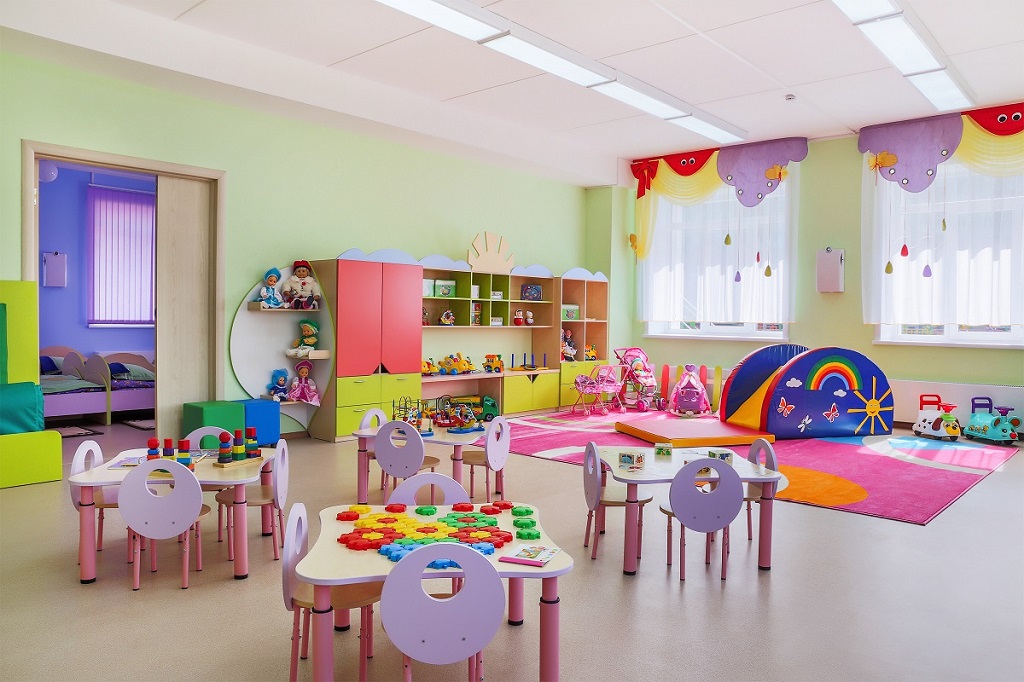Online education has always been an option to consider, especially for those who need to combine studies with work, live far from the study site, or many other reasons. In the past, online education had its problems. Such as the lack of contact with the teacher, the quality of the material and even the absence of a clear guide to follow the subjects that hindered the success of the students. However, the Internet came to solve all these problems at a stroke. Let’s know the differences between online and traditional education.
Differences between online and traditional education

Currently, online education offers technical support to the students exactly the same benefits as traditional education. We have videos with master classes, contact teachers through mail, chats or video chats, and even forums to fraternize with the rest of the students. But what many wonders are whether the final performance of online classes is the same as we can get from traditional classes.
The role of the instructor. From transmitter to the motivator!
In the face-to-face classes the instructor is the only source of consultation while in the virtual environments the participants can enrich themselves through diverse sources of knowledge. Information and Communication Technologies (ICTs) facilitate the construction of collective knowledge. If we make good use of this possibility, the role of virtual instruction goes from being a simple transmission of information to becoming a series of processes that stimulate critical thinking, thereby raising the quality of learning. The instructor guides and advises the participants throughout the course, answers questions and questions either by e-mail, chats and forums, provides feedback on practical work and evaluates the competences,while stimulating and encouraging the self-taught attitude.
The participant. From passive to active!

In the virtual trainings the participant has the possibility of becoming an autonomous and active character since on the one hand he can take the course at his own pace, and on the other he can contribute the knowledge acquired in his investigations on the web through his participation in interactive activities. It is important to emphasize that in online education the participants tend to feel abandoned, so we recommend you to constantly design activities that allow you to maintain fluid communication with the participants of your courses.
Time and space. From fixed to flexible!
In face-to-face education there is a set time and place that must be respected in order for knowledge to occur. Asynchronous virtual education offers the advantage of adjusting to the participants’ schedule. It does not matter if for some reason a student can not meet in a regular classroom to learn, technology allows the information to be always accessible. The challenge is that instructors can stimulate their students to such an extent that they wish to take advantage of the permanent availability of knowledge.

Material. From Limited to Extensive!
In face-to-face education, the contents are limited to verbal, non-verbal and written communication. ICTs represent a tool to support the learning process, the availability of sound recordings, images, videos, email, internal messaging, discussion forums and all kinds of multimedia content, are sources of innovation and creative tools that can help you capture the attention of those you want to train.
Teaching methods. From uniformity to multiplicity!
Another difference that changes the rules of the game is the great variety of didactic tools that you can use with the virtual modality. In face-to-face teaching, the participants are forced to adapt to the way in which the teacher teaches, the limitations are based on the level of creativity of the teacher, while in virtual teaching the methodological possibilities are extended: with the educational technology the Limitation is not knowledge but curiosity.
In addition to a role, teaching is a responsibility, so if you are thinking about passing your face-to-face training in a virtual way, do not stop training yourself. Education advances at the vertiginous pace of technology.
Case study

According to a study carried out by MIT, the MOOCs -Massive Open Online Course- are as effective as traditional courses, regardless of the level of education we want to address. Analysts are even able to ensure that the amount of knowledge acquired is superior in online classes. It is likely that part of this advantage comes from the possibility that students have to pause or revise, either in part or in full, the classes, as well as to adapt it to be able to study at the best time of the day. good material, etc.
Another study, in this case of the California State University, assures that, although in general lines the level of learning is similar, the performance of the students in the online classes can vary according to the subject but that in any case, the online classes are effective to improve learning, especially in the shyer and less participatory students.
Online education and traditional education: is it equally effective?

All studies come to the same conclusion, and this is that we must now analyze the behavior of students in online classes and make surveys to improve the format of the classes according to the subjects.
In any case, online studies have their detractors, and there are even studies that directly question whether we can actually read on screens, and conclude that the reading comprehension of texts on the screen is inferior to that of printed texts.
Anyway, for many, it is clear that online classes are the future of education. The possibility of studying an online university career with the same effectiveness as a face-to-face one can end up being disruptive for universities. The costs of education decrease for the user and being aware of this many universities have begun to publish all their online classes on different platforms, such as edX, where you can find lessons from some of the great American universities such as Harvard or MIT.
Ahead is to understand the strengths and weaknesses of online education, especially by universities, for which it will be critical to maintain its status within the education sector and attract students.
What do you think?
Disregarding the romanticism of the smell of paper and the style of having a powerful bookstore at home. Do you read books in ebook or tablet with the same intensity as on paper? And studying online or with a MOOC, you learn the concepts and pass exams with the same ease that heating the chair for hours in the classroom? You can also apply game in online and traditional education.









